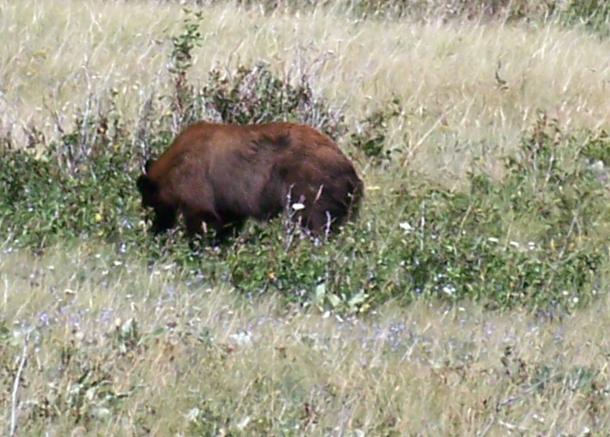2022 was an eventful year in terms of writing and publishing. It was also surprising as I the two published pieces, a book chapter and a peer-reviewed article, were about hope and had a spiritual component to them. I think hope is a phenomenon we each want in our lives. Those who have followed the blog for a while may recall that The Peace Prayer of St. Francis is an important part of my family’s life. We recite it at various ceremonies when we come together and Kathy and I have a small plaque my mother gave us many years ago.
The line that resonates most with me is “where there is despair hope.” I used the line in the introduction of a book chapter I co-authored. It commemorated the centenary of Paulo Freire‘s birth. Many would associate him with critical pedagogy and his seminal book, Pedagogy of the Oppressed. Later in life, he revisited many of the themes from this book in one called Pedagogy of Hope, which we used as our primary reference. Without hope, we are left with little. We are left with despair.
For me, Emily Dickinson describes the spiritual and paradoxical essence of hope in the following poem:
“Hope” is the thing with feathers –
That perches in the soul –
And sings the tune without the words –
And never stops – at all –
And sweetest – in the Gale – is heard –
And sore must be the storm –
That could abash the little Bird
That kept so many warm –
I’ve heard it in the chillest land –
And on the strangest Sea –
Yet – never – in Extremity,
It asked a crumb – of me.
Hope is spiritual in that what we each hope for can animate our spirit and make our lives more complete. We hear it song most clearly in moments of silence and stillness as we turn inward to listen to the tune without words. Hope is paradoxical as it is fragile and exists in the Gale and storm that makes it sore. We have to be alert to the challenges we face in bringing hope to life. Perhaps it is best expressed in moments where it intersects with the hopes of others who we come in contact with.
My taste in music tends to the eclectic and non-mainstream. Several years ago, I heard Michael Franti on a small radio station (they still exist) I listen to and loved his messages. His songs embody hope, the role the heart plays in it, the reality of hard times, and how we need others to live with hope.
Several years ago, we travelled to Jasper National Park and went on a day tour. As we passed the trees in this picture, the guide told us the tall one was about 300 years old. Due to the difficult conditions, the tree did not realize its fullest height. Despite the challenges, it still grew. Its growth is like hope.







